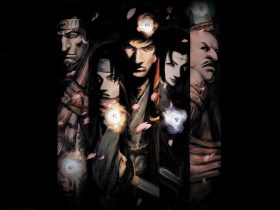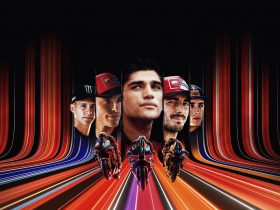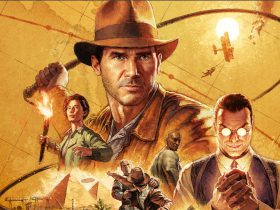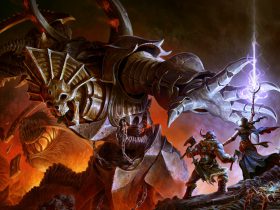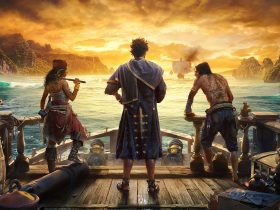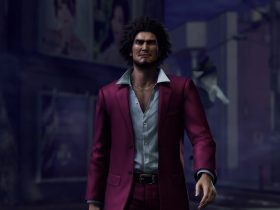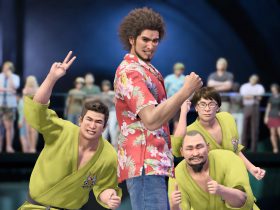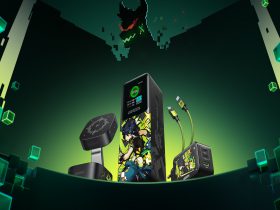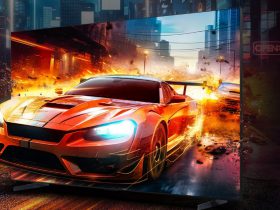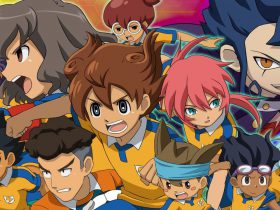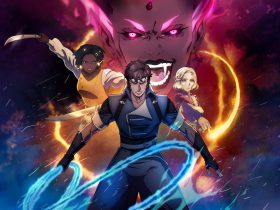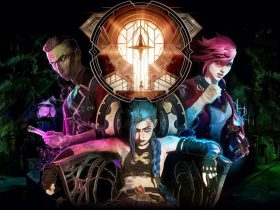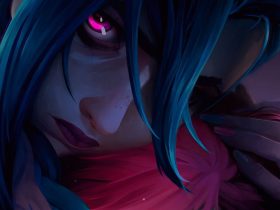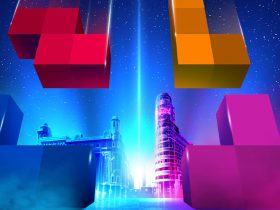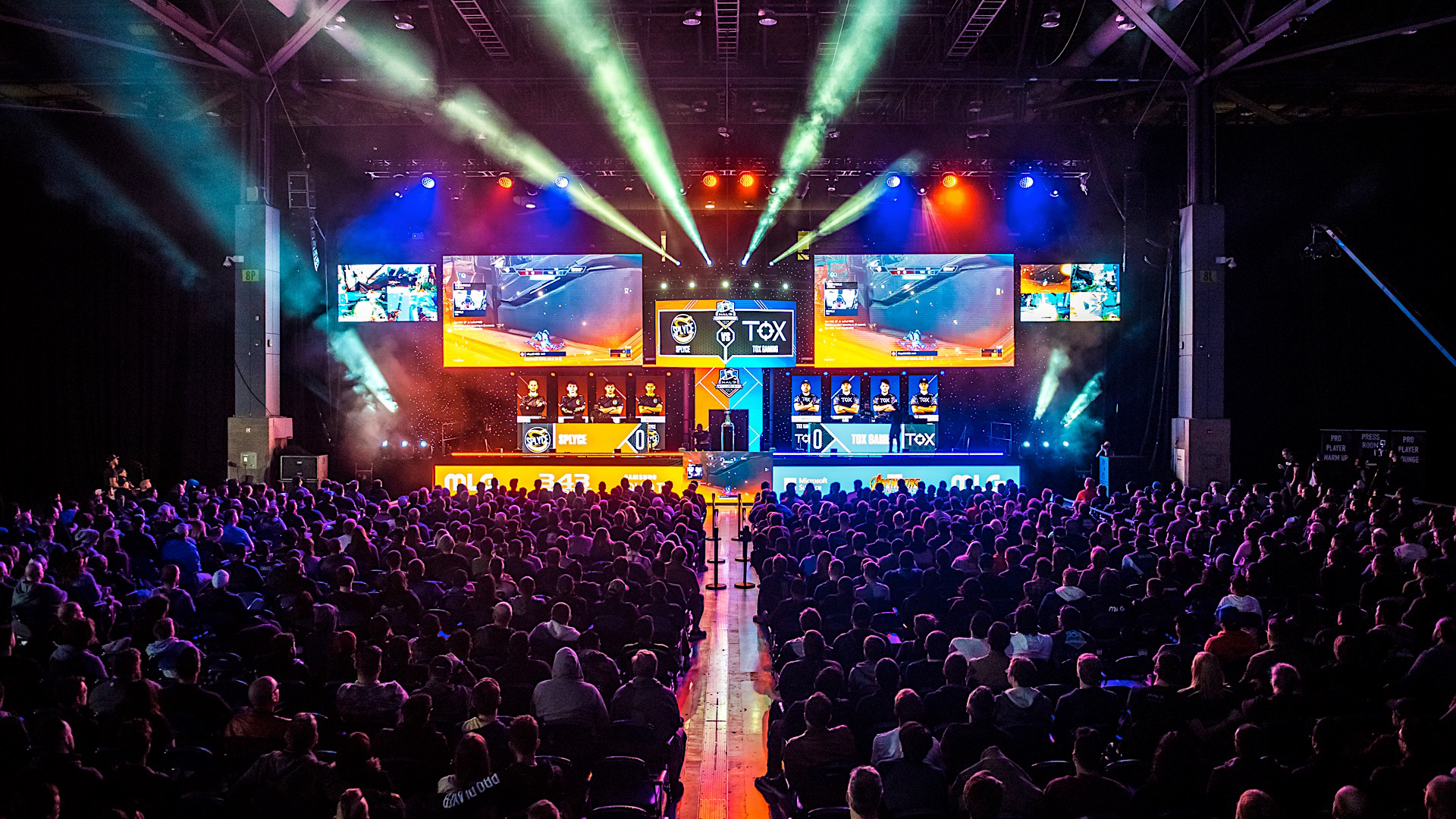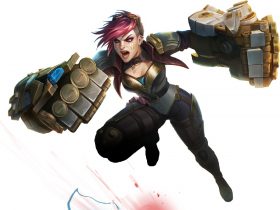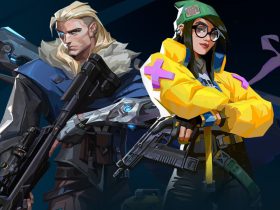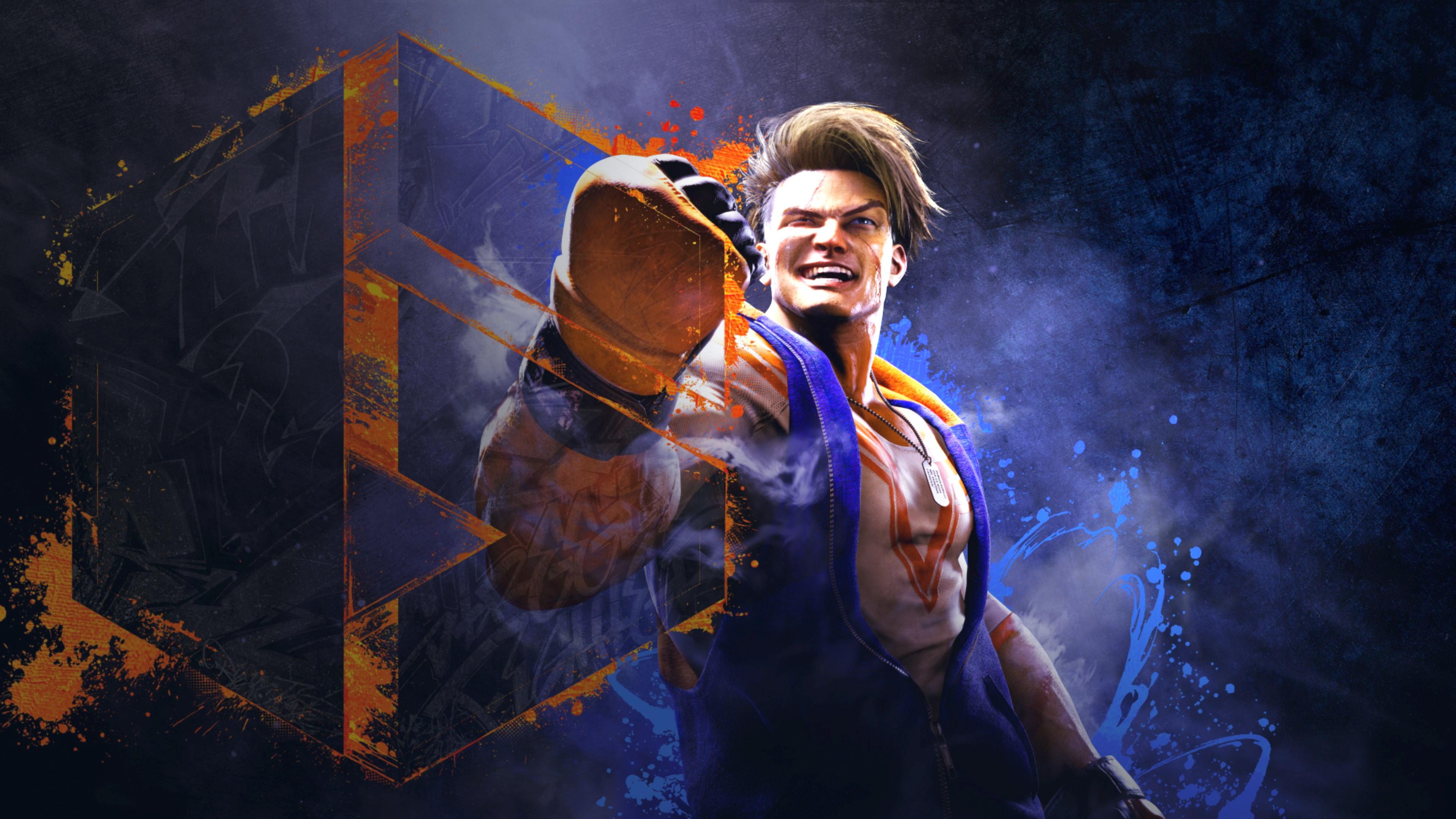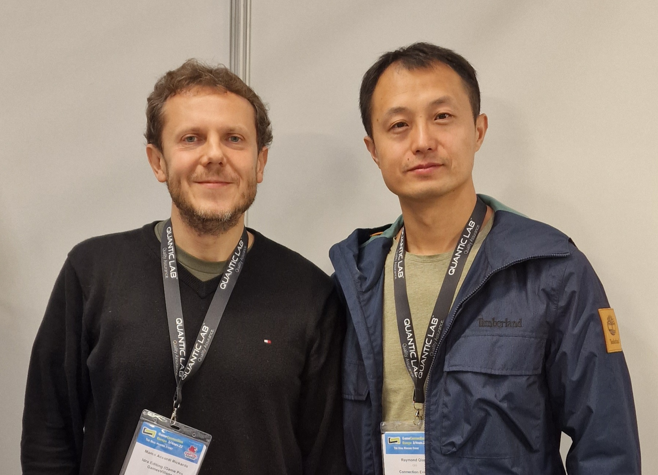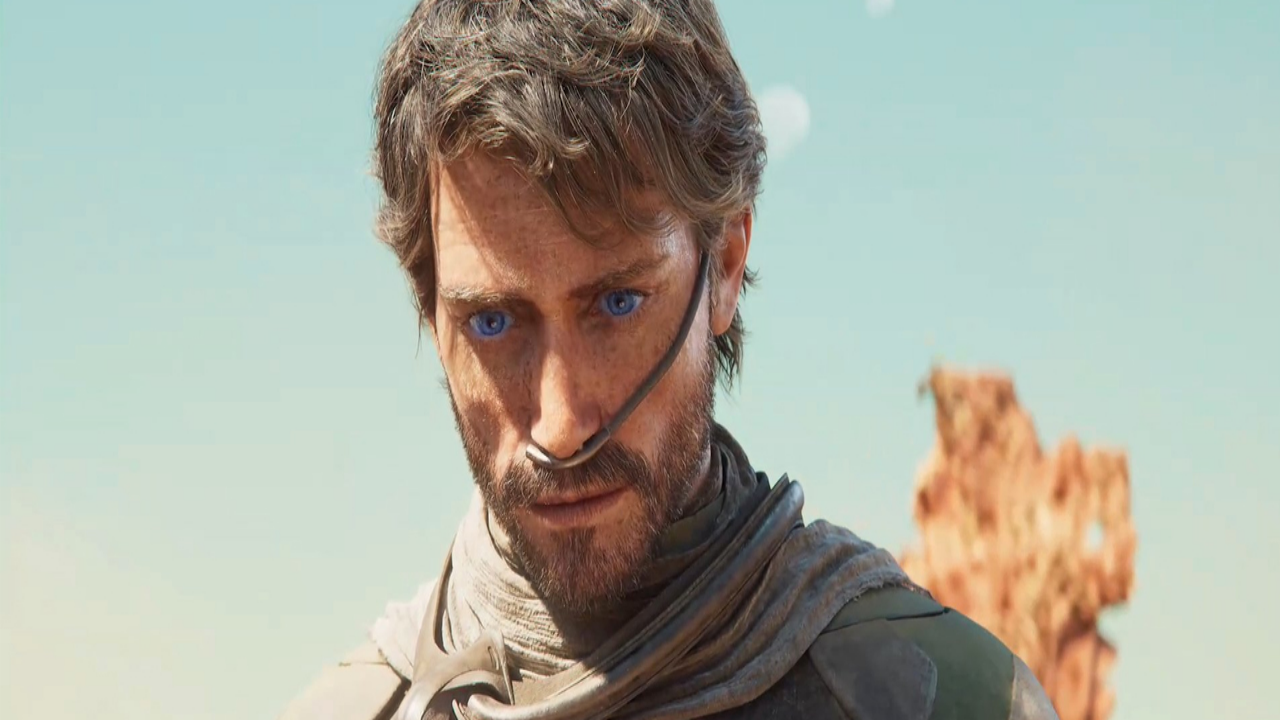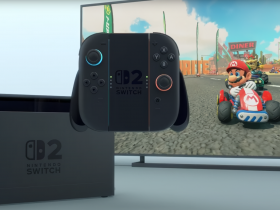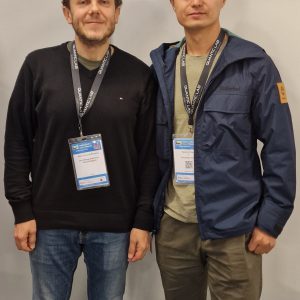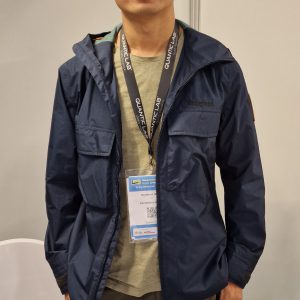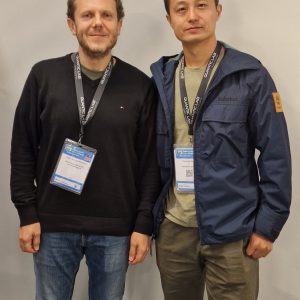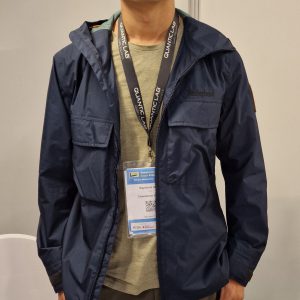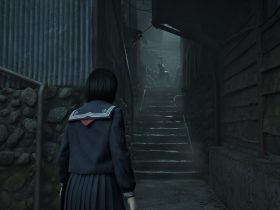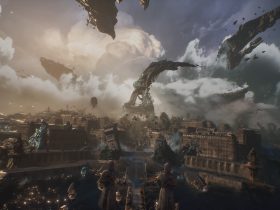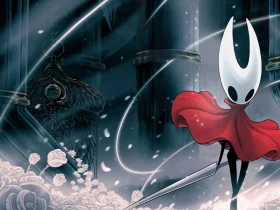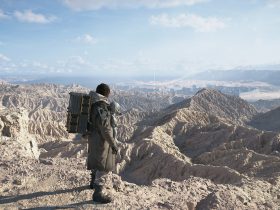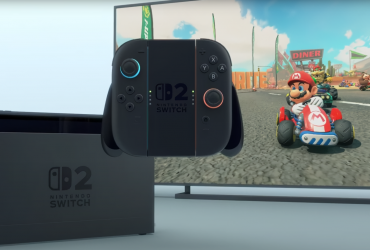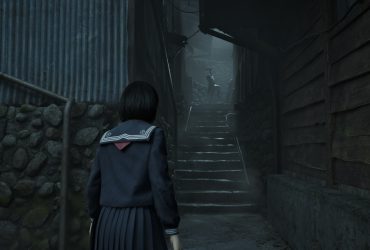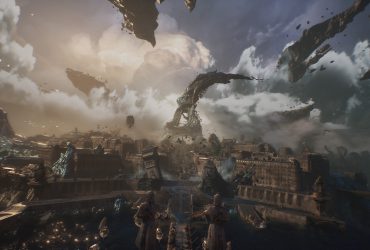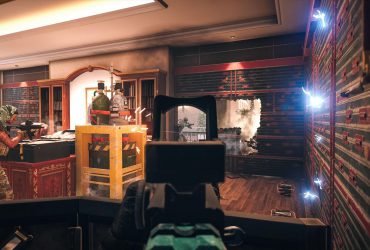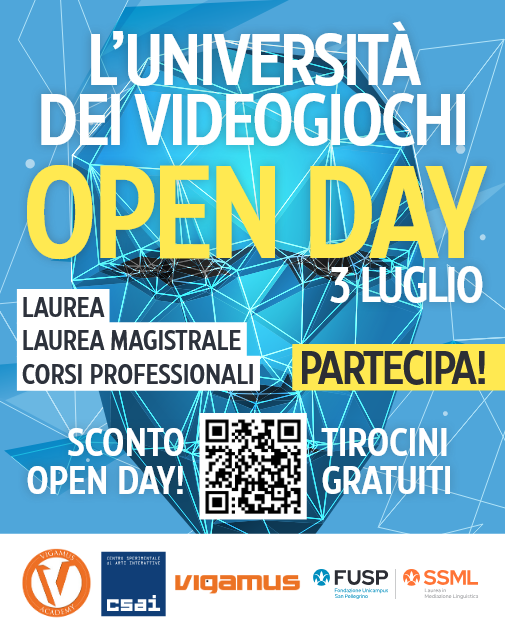On November 3rd and 4th we took part to Game Connection Europe 2022, important european event where more than 1.5000 developers, publishers, and service providers look for new partners and clients. The Game Connection is therefore a meeting place where you can get acquainted with many different realities (mostly indie teams), ready to show their works or, on the other side, ready to invest, spotting the best occasions to do so. Obviously never forgetting the Indie Development Awards, given to the indie games that stand out among others for development & topics covered.
Talking about meetings, I personally had the chance to meet Raymond Qiang, the new owner of the Game Connection, who acquired the event in 2019, shortly before the beginning of the COVID-19 pandemic. After 2 years of inevitable stop, the event is finally back and it was an honor and a pleasure for us to be the first western media to be able to interview Qiang. From our chat so many (and very important) cues about our industry came up: from the effects of Coronavirus on the video games industry in general to metaverse; from Google Stadia, that recently closed collaboration relationships between China and the West, passing even through actual and past geopolitical themes. Obviously, Raymond Qiand shared also his point of view and why he chose to invest in acquiring Game Connection.
So, without further ado, here is my interview.
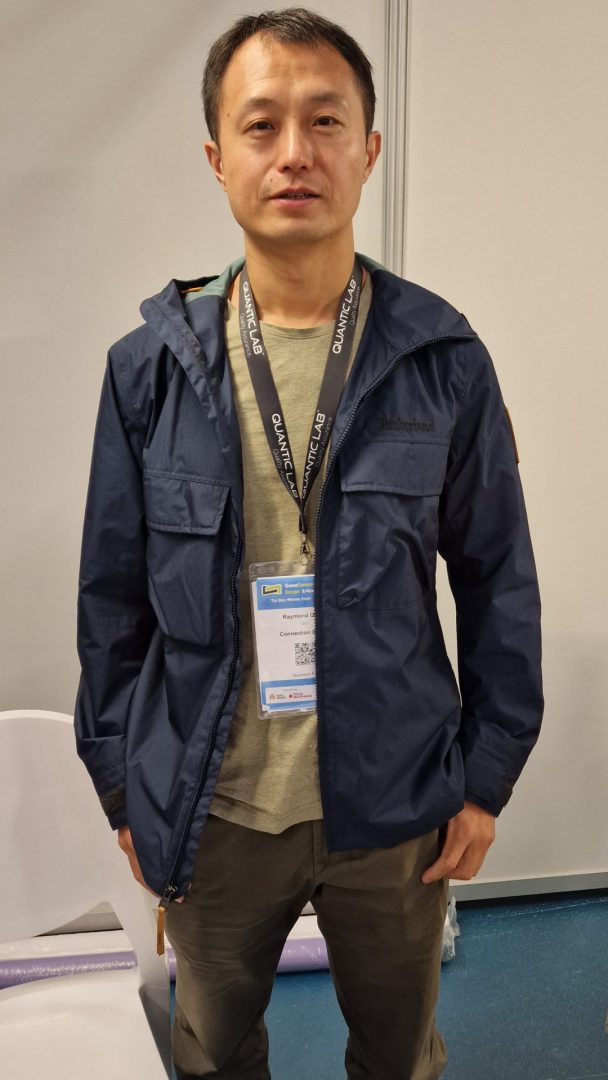 Marco Accordi Rickards: Hello Ray it is a pleasure to meet you and thank you for taking the time for this interview. Please tell us more about yourself so our readers can know something about you too.
Marco Accordi Rickards: Hello Ray it is a pleasure to meet you and thank you for taking the time for this interview. Please tell us more about yourself so our readers can know something about you too.
Ray Qiang: Hello, thank you it is actually the first time I get interviewed by a western media. My name is Raymond Qiang and I am the owner of Game Connection. I got my first console when I was six years old, it was a Nintendo Famicom, it costed my parents 6 months of salary and that was my first contact with the Game Industry. I have always been passionate about video games and it’s been 12 years since I started working in the industry. I actually bought it from the previous owner and founder, Pierre in 2019, just before COVID-19 pandemic. I knew he was considering selling it and I was interested in this opportunity so we went to dinner togheter here in Paris and I acquired it.
Marco Accordi Rickards: Game Connection is one of the main events in terms of putting together the industry experts, including developers and publishers and you are managing all of it. So, seeing the constant evolution of the industry and its changes through different times, what are the main trends this year, the ones that are really relevant? If you’d have to make a picture of the current topics, what are the main things that strike you?
Ray Qiang: I have been working in the Video Game Industry for 12 years, and from the very beginning I have seen mobile and PC gaming growing in importance over time, especially during the pandemic. But this year, I am seeing all of them: pc, mobile and console games as well, with indie games becoming more and more relevant, and also AR and VR games. According to my vision this year is quite different from the previous ones as it contains all the elements of the Gaming Industry. For example, in 2012 the main topic was mobile gaming, with everyone talking about popular games at the time like the Candy Crush Saga by King. Right before the pandemic, the main topic was Google Stadia – but now, we have everything.
Marco Accordi Rickards: It’s like the title of a very famous movie: for the industry this time is “Everything everywhere, all at once”, everything is happening at the same time.
Ray Qiang: Yes, indeed. The only exception is cloud gaming: it used to be the brightest star, especially when Google Stadia was announced, but we now know that the project is shutting down. I think there are more similar projects coming up, but for this year, we noticed that this phenomenon it’s going down – even though cloud gaming is still here – there are many other emergent elements like the metaverse and NFTs that are starting to show up. I don’t know whether they will disappear or not one day, but for now, they are here at Game Connection. Everyone is here, the new ones and the old ones, and this is good. For me, the most important thing in the industry is that a game should be good, interesting and fun either way. Moreover, this year at Game Connection we are supporting many small indie games in dedicated areas, it should be very interesting.
Marco Accordi Rickards: I definitely agree with your vision, because some trends end and change, but games are something real that remain still. So if you stick to this focus, fun and interest are always the best solution because games can adapt to everything. Let’s go back to the pandemic: it was something terrible that changed everything for at least a couple of years, but right now it looks like we are going back to normality for example with Game Connection taking place. Do you think that the pandemic effect changed people’s habits? For instance, after two years of people connecting online, doing webinars and skipping live events to do something different with the use of smartphones, tablets, computers and so on, do you think that everything can come back to normality or something changed, and will remain changed?
Ray Qiang: This is something that me and the previous event owner and founder have discussed during the past years, and we came up with the conclusion that the pandemic has changed us forever. Because of the way we learned how to do business during the pandemic, more time and cost effective, we now prefer doing things online. I also noticed that some online companies hosting online events are doing very well and have expanded in just a year or so from doing one or two events per year to hosting ten. However, on my side, I am a believer in offline events. I believe people still want and prefer to meet each other in person, to shake hands, dine together talking face to face which is a much more powerful way of communication. It is the reason why I insisted in having this event, to show that people are more likely to see each other in the real world and make real business in the Gaming Industry.
Marco Accordi Rickards: In a world where there are so many game events all over the globe, what is your formula to be recognised?
Ray Qiang: The first thing that stands out at Game Connection are our international attendees: European, American and Asian companies. Everyone can have meetings here, even booked beforehand. It is a very highly efficient system and I think this is a good call. This was an idea of the previous owner of the event, but at the same time I am trying to bring more elements – for example, I am Chinese, and I am trying to bring more Chinese companies to this event. Because of the pandemic and the zero tolerance policy in China, companies from this country attending international events like this one have lowered down and are now the minority, around 10%. I would like to bring these figures up to 15% again. This can be expanded also to Japanese attendees, Korean ones, and so on. This is something that I would like to improve.
Marco Accordi Rickards: So your idea is to build a stronger bridge to Asia.
Ray Qiang: Yes, you are right. This is something really important. We want to start even more international collaborations, and also have a more flexible event that can offer various kinds of funds and investments.
Marco Accordi Rickards: During your first answer you mentioned the metaverse as one the trends of this year edition. What is your opinion about it? Do you think this trend is going to decrease in a few years or it is something huge that it is going to remain?
Ray Qiang: I believe this is going to be like the 5G case: everyone at first went crazy about the new 5G, but then there was no big difference between it and the 4G. This may be like VR and AR. It started as a big, futuristic announcement, but I honestly don’t see many people wearing AR glasses, yet. As regards the metaverse, I believe that real life experiences cannot be replaced with AR or VR technology. At least I would prefer the real world experiences and surely there are many other people who agree with my way of thinking!
Marco Accordi Rickards: the metaverse reminds me of several failed attempts to build something similar: do you remember PlayStation Home? Also Second Life. But we will see, this is still something very interesting to look at.
Ray Qiang: Yes indeed, we will see.
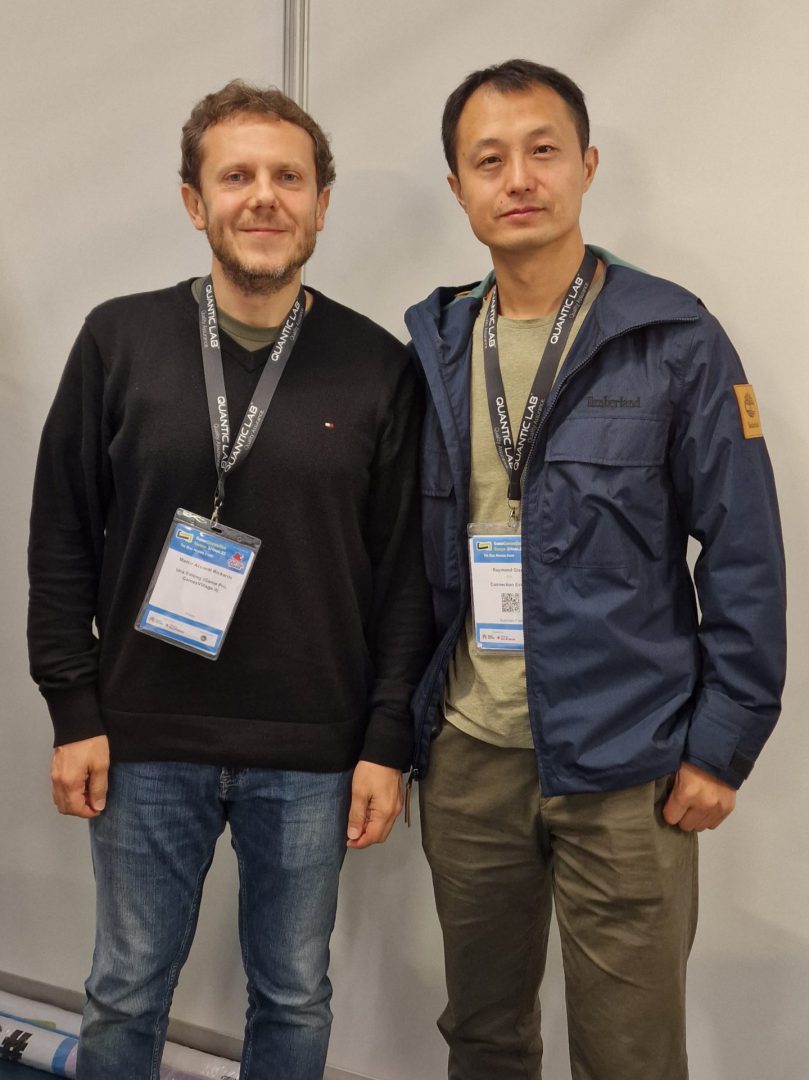 Marco Accordi Rickards: We were noticing that until a few years ago in several events around the globe the typical B2B connection was between the publisher and developers. In the last few years it is getting more to a publisher – service providers – developers connection. What is your opinion about this? The presence of a lot of outsourcing companies helping developers and publishers is changing the way the industry develops games? Do you think this is something that will grow even more? Also here at Game Connection there are many service providers, which is changing a little the scenario in which we used to see just developers and publishers, so more of a direct relationship.
Marco Accordi Rickards: We were noticing that until a few years ago in several events around the globe the typical B2B connection was between the publisher and developers. In the last few years it is getting more to a publisher – service providers – developers connection. What is your opinion about this? The presence of a lot of outsourcing companies helping developers and publishers is changing the way the industry develops games? Do you think this is something that will grow even more? Also here at Game Connection there are many service providers, which is changing a little the scenario in which we used to see just developers and publishers, so more of a direct relationship.
Ray Qiang: Yes, I have also noticed that there are many service providers. I believe that they are great elements for the gaming industry. However, publishers publish games, so they are the most important attendees at Game Connection. But, there should be more attendees to make the gaming ecosystem more healthy, just like the service providers, as they usually work on sound design and visual effects, art, translation etc.. There should also be investors to provide money and funds for developers. This would be a good thing for the gaming industry: to develop more games you need more funds to make sure the work gets completed. I believe these collaborations are great, for example, for the 2019 edition of Game Connection we rented a boat in the river Seine, it was sponsored by a service provider: many people, around 400, had great fun that night, and the event was memorable. Even after years, attendees come to me asking if the boat party will ever come back! It was very successful, and it is important to bring more value to our event, it is not just about the services but also the entertainment.
Marco Accordi Rickards: This is my last question. On a geopolitical level, the last thirty years were under the effect of typical globalism where all the major trends in the Games Industry were basically coming from the United States of America. But what we are seeing these days – unfortunately also due to the war and many other international crises – is that something is changing, and there are different models, for example from China and other countries, which are not so aligned to the U.S. anymore. So, if the world changes and becomes more multipolar and less multilateral, could this affect the Games Industry as well?
Ray Qiang: When it comes to China I would like to say that when I was 6, around 34 years ago, my parents bought me a Nintendo Famicom. It costed six months of their salary but it was legal to buy it, and I could play the latest games. China is a much stronger country now, but I am not able to buy the latest official released console for my son, there because of its very strict gaming license approval. Things in China are going back, so I don’t think of China as the most predominant country in terms of creative center. Yes we have miHoYo’s Genshin Impact, which is doing pretty good, but we don’t see many others out there right now compared to the creative poles of Europe and the U.S. I still believe that China has its power around making games: we have great programmers, and even artists, but game design? How to design a game? You give us an idea, a good game design document, and we can do the rest of the work for you!
When I first came to Paris, I was quite shocked to see so many young people having fun along the river Seine, in China in that time of your life you should be home and work hard, but here people had their own ideas, were having fun and this is probably one of the main reasons you have more game designers. That is the main difference between China and the western world, here you can have all the games you want. Japan, for instance, is dominated by Nintendo and Sony, two of the three most important gaming consoles, and they come from their own country. They also have very important titles like Super Mario and The Legend of Zelda etc. America, of course, is also dominant in the gaming industry, and very strong, but there are many famous gaming companies that don’t come from the USA: Paris, for example, is very strong on NFTs and blockchain games, mobile gaming is also very popular here, with Supercell and Playrix dominating the charts. Supercell is Finnish, whilst Playrix is a company founded in Russia, which has moved to Ireland because of the war. So as you can see, many famous games and gaming companies are not American. I am quite optimistic about Europe, there is potential. We should definitely keep an eye on it.
Marco Accordi Rickards: Thank you very much, our talk was extremely interesting.



